The Business will benefit from ISO 9001 Certification.
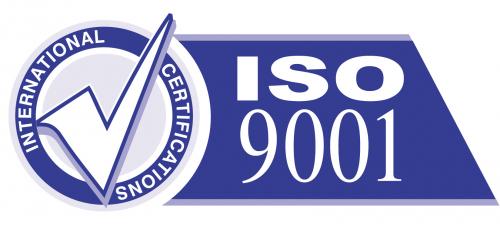
ISO
9001 is a global business standard that is utilized by over a million
businesses. By addressing the basics of performance measurement, it assists
organizations in achieving maximum efficiency and productivity.
The
standards for ISO 9001 certification may be found in a 30-page document; after
the requirements have been met, the organization is regarded qualified to get
the Certification.
An
ISO certificate is helpful to businesses of any size. A recent survey conducted
by QMS found that most of the respondents were from smaller companies of 1 - 49
employees, but they also found significant numbers in the medium category (50 -
499 employees) and that larger companies of over 500 employees had ISO 9001
certification. ISO Certificates also benefit both B2B and B2C organizations.
The same survey found that 46% of respondents were B2B organizations, 45% were
B2B and B2C, the remaining 9% were B2C.
As
more firms get ISO 9001 certifications, the number of ISO 9001 certifications
is steadily increasing worldwide. China, Italy, and Russia were the top three
nations with some of the most certifications in 2019, with about 500,000,
247,000, and 85,000, respectively. This growth in popularity can be attributed to
the following benefits:
- Increase
your revenue by gaining new clients and expanding your Business.
- Customer
satisfaction has risen, and customer communications have improved.
- Procedures
for quality assurance have been enhanced.
- Managerial
evaluations that are more efficient
- Improved
earnings and enhanced supply chain productivity.
- Waste has
been reduced, and production has improved.
The
quality assurance team is not alone in charge of Certification. It is, in
reality, a constant, continuing process that spans the whole company and needs
top executive buy-in to guarantee that it is implemented consistently across
all divisions. To be recognized and accredited as an ISO 9001 firm, the
organization must adhere to the regulatory standards and criteria of the Quality
Management System standards.
Obtaining
ISO 9001 certification would almost likely improve a company's corporate
standing nowadays days. To support improved productivity and effectiveness, the
ISO 9001:2008 standard demands a standardized quality management system.
Regardless
of the size, kind, or products, any firm that includes services can obtain ISO
9001 certification. According to the ISO 9001 standard, an organization must
satisfy various system standards to meet customer, administrative, and legislative
obligations. A fundamental goal of the standard is to ensure customer
satisfaction through a quality management process. The ISO 9001 standard also
contains requirements for process monitoring and assessment, as well as
continuous improvement.
To
be certified, a company must have a defined quality management system rather
than a collection of paperwork. The documentation's three essential goals
should be information exchange, confirmation of compatibility, and exchange of
knowledge. Documents for a quality management system can be in any format or
media, including physical, digital, or visual. A certified quality management
system must address critical areas of the standard.
ISO
9001 certification was achieved after numerous changes.
Assessment
of ISO 9001:
After
all the standards have been completed, a third party conducts an independent
audit. In the case of the United Kingdom, the independent body should be
accredited by Certification. A specific certifying authority will inspect the
methods and quality guidelines. After the audit is completed successfully, a
certificate confirming ISO 9001 certification will be provided. A monitoring
visit can be undertaken to ensure that the system is running correctly and
operational at all times.
Registration
Certification
The
registration will be legally confirmed, and the certificate will be delivered
when you've already completed the auditing evaluation. The certificate of
compliance to the ISO 9001 standard will be issued and sent to your door.
ISO
certificates might significantly assist you in achieving your objectives. This
is the ideal opportunity to expand your Business by learning how to obtain
Certification quickly.
The
documentation requirements for ISO 9001 certifications are no longer as
demanding as before 2000, and the value of ISO 9001 certification to a company
has never been more substantial. Certification communicates to all parties
involved that an organization is dedicated to high standards and continuous
progress.
Benefits
of ISO 9001 Certification to Organization:
- Client service: Clients who are visibly satisfied and customer’s satisfaction and retention for repeated visits are indications of excellent customer service.
- Cost
savings: Organizations
can save money by improving processes and effectively allocating resources
when an international standard exists.
- Improved
market and income: ISO
9001 certification provides continuing benefits such as enhanced share of
the market and revenues through a flexible and quick reaction to business
possibilities.
- Newmarket
ease of access: Increased
market reputation and effectiveness protect businesses against trade
obstacles while opening up new worldwide opportunities.
- Simple to
use: Described
processes and actions aid in identifying practices that are ineffective or
have become obsolete. Employees will find it very easy to implement
processes if they are documented.
- Environmental
protection: International
rules help to reduce adverse ecological effects. Standardization of air,
water, soil, greenhouse gases, radioactivity, and environmental factors is
beneficial to environmental conservation and public safety.
- Advantages
to culture: Goods
that meet ISO 9001 standards are known for their dependability and high
quality. Safe driving, children's toys, healthcare equipment, and other
ISO standards exemplify how international rules give the world a safer and
healthier place to stay.

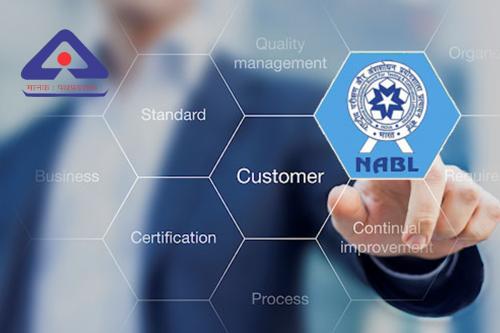
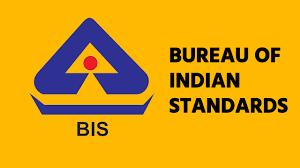

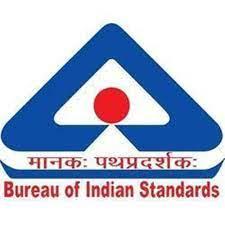

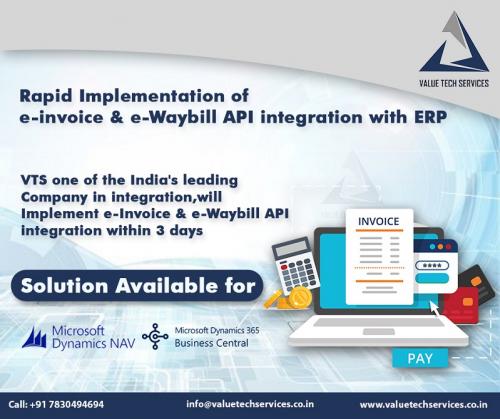

Comments